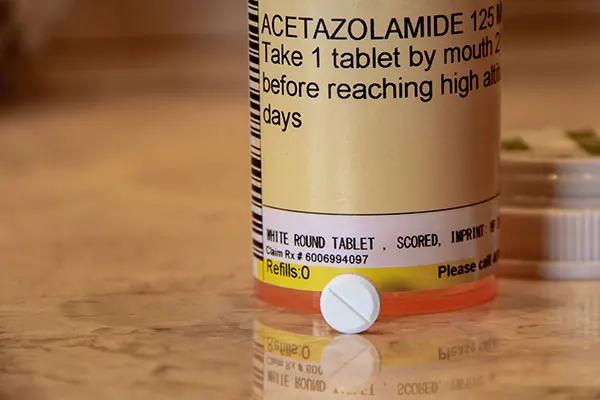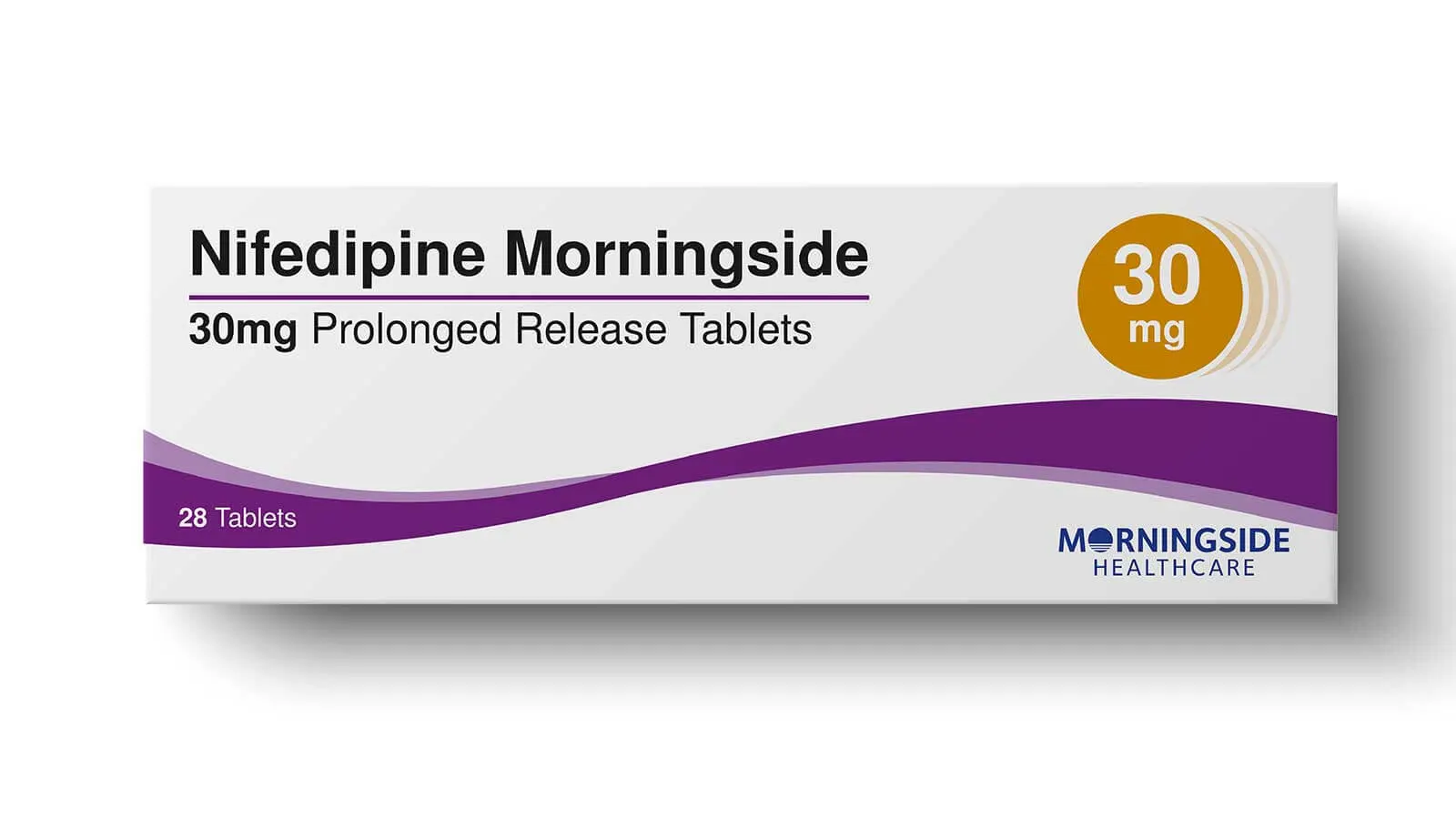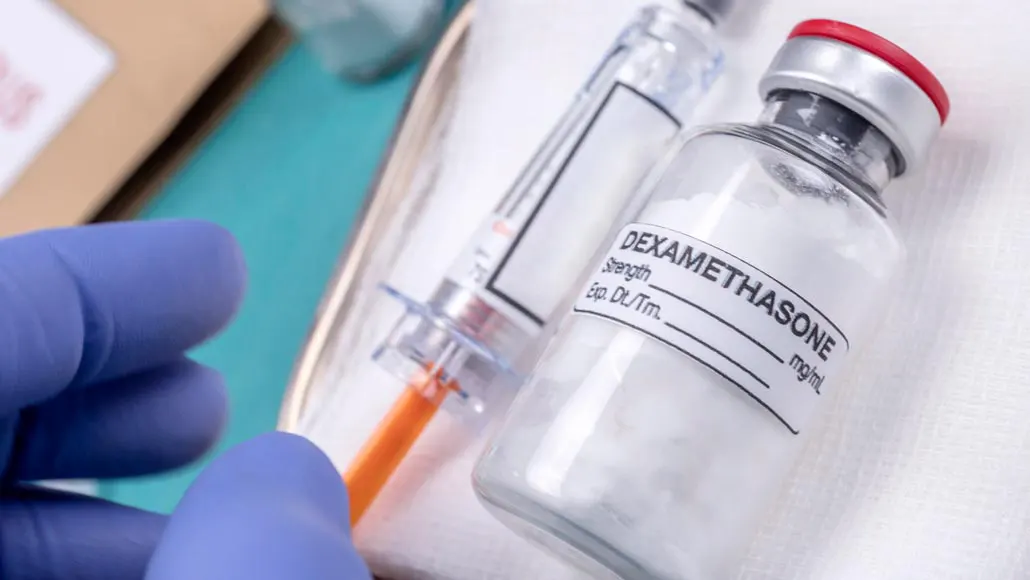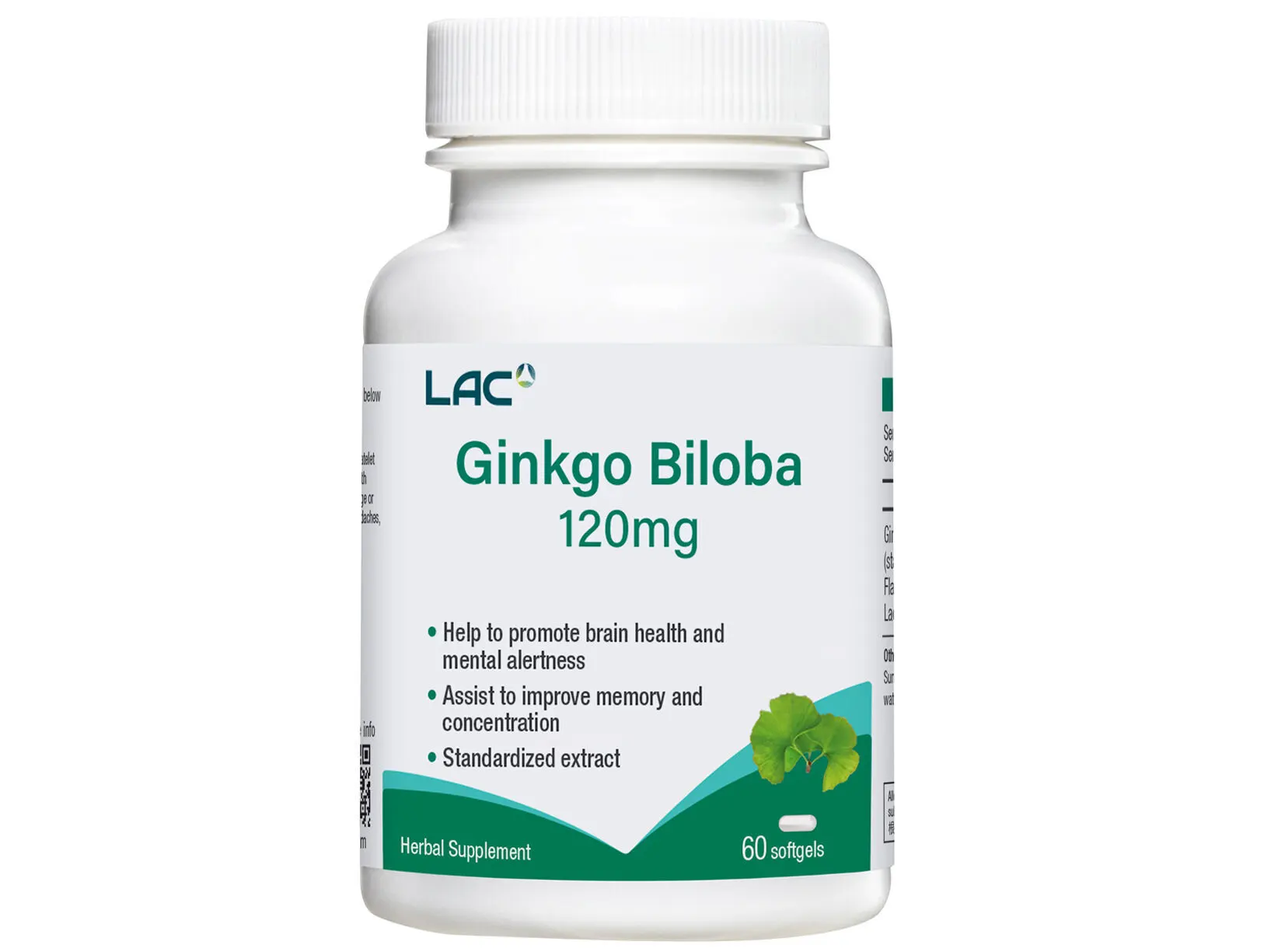Overview
Climbing Mount Kilimanjaro is a remarkable adventure, but due to its high altitude, it comes with a risk of altitude sickness. Altitude sickness, or acute mountain sickness (AMS), occurs when the body struggles to adjust to reduced oxygen levels at higher elevations. As Mount Kilimanjaro rises to 19,341 feet (5,895 meters), understanding the causes, symptoms, and treatments of altitude sickness is crucial for climbers. In this article, we will discuss the causes of altitude sickness on Kilimanjaro, the symptoms to watch for, and the top five medications that can help prevent and manage altitude sickness.
What is Altitude Sickness?
Altitude sickness refers to a set of symptoms that occur when a climber ascends to high altitudes too quickly without allowing the body time to acclimatize. At sea level, the atmosphere contains 21% oxygen, but at higher altitudes, the concentration of oxygen decreases, making it harder for the body to absorb the oxygen needed to function properly. As you climb Mount Kilimanjaro, which begins at around 5,900 feet (1,800 meters) and reaches its summit at 19,341 feet (5,895 meters), this lack of oxygen can lead to AMS.
The severity of altitude sickness can range from mild symptoms, such as headaches and dizziness, to more severe conditions like high-altitude pulmonary edema (HAPE) or high-altitude cerebral edema (HACE). Both HAPE and HACE are life-threatening conditions that require immediate medical intervention.
Why Does Altitude Sickness Occur on Mount Kilimanjaro?
Altitude sickness is a result of the body not having enough time to adjust to the changing oxygen levels as you ascend to higher elevations. The higher you go, the thinner the air becomes, and the less oxygen is available in each breath. The body needs time to acclimatize to these conditions by producing more red blood cells and increasing the breathing rate.
At higher altitudes, the risk of AMS increases, particularly if the ascent is too rapid. The most common cause of altitude sickness on Kilimanjaro is ascending too quickly without giving the body the chance to adjust. However, factors such as individual health, physical condition, and previous exposure to high altitudes can also influence how well a person acclimatizes.
Common Symptoms of Altitude Sickness
Altitude sickness symptoms can begin as mild discomfort, but they can worsen if left untreated or if the individual continues to ascend without proper acclimatization. Common symptoms include:
- Headache: A common early symptom and one of the first signs of altitude sickness.
- Dizziness: The lack of oxygen can cause lightheadedness and balance issues.
- Nausea and Vomiting: These can occur as the body struggles to adjust to the decreased oxygen levels.
- Fatigue: A feeling of tiredness or lack of energy is a common symptom at high altitudes.
- Appetite Loss: Many people experience a reduced appetite when suffering from altitude sickness.
- Shortness of Breath: Breathing may become more difficult, especially with physical exertion.
- Swelling: Mild swelling of the face, hands, or feet may occur.
In severe cases, more serious symptoms of HAPE or HACE may appear, including:
- Shortness of breath at rest: Difficulty breathing even without physical exertion.
- Confusion or loss of coordination: Signs of brain swelling due to HACE.
- Coughing with pink, frothy sputum: A sign of fluid buildup in the lungs, characteristic of HAPE.
How to Prevent and Manage Altitude Sickness on Kilimanjaro
The most effective way to prevent altitude sickness on Kilimanjaro is to ascend gradually and allow your body time to acclimatize to the higher elevations. Some strategies for preventing altitude sickness include:
- Ascend Slowly: Follow the guideline of not increasing your altitude by more than 1,640 feet (500 meters) per day once above 8,000 feet (2,400 meters). This allows your body to adapt.
- Stay Hydrated: Drinking plenty of water is essential, as dehydration can worsen symptoms of altitude sickness.
- Take Rest Days: Rest days are essential for acclimatization, especially after gaining significant elevation.
- Eat Well: Consume high-carbohydrate meals to provide energy at high altitudes.
- Consider Medication: Some medications can help prevent altitude sickness or alleviate its symptoms. Below are the top five medications to consider when preparing for a Kilimanjaro climb.
Discover Top 5 Kilimanjaro Altitude Sickness Medications for Altitude Acclimatization
Altitude sickness in Kilimanjaro can strike anyone, regardless of their physical fitness level, and it's crucial to be prepared. In this article, we'll explore the top 5 Kilimanjaro altitude sickness medications that can help ensure your safety and improve your altitude acclimatization while ascending this majestic mountain.
1. Acetazolamide (Diamox)
2. Ibuprofen
3. Nifedipine
4. Dexamethasone
5. Gingko Biloba
#1. Acetazolamide (Diamox)

Acetazolamide is one of the most commonly used medications for preventing altitude sickness. It works by increasing the amount of oxygen in the blood and helping the body acclimatize more quickly. Diamox stimulates breathing and helps the body adjust to reduced oxygen levels, which can prevent symptoms such as headaches, nausea, and dizziness.
Availability in Tanzania: Acetazolamide is generally available in larger Tanzanian cities such as Arusha and Moshi. However, it’s advisable to bring your own supply if you are climbing in more remote areas.
#2. Ibuprofen

Ibuprofen is an over-the-counter anti-inflammatory medication that can help alleviate mild symptoms of altitude sickness, such as headaches and muscle aches. While it doesn’t treat the root cause of altitude sickness, it can provide relief from discomfort, which may allow climbers to continue their ascent more comfortably.
Availability in Tanzania: Ibuprofen is widely available in pharmacies throughout Tanzania, including in more remote regions, so it is easy to bring along or purchase during your trip.
#3. Nifedipine

Nifedipine is primarily used to treat high-altitude pulmonary edema (HAPE), a dangerous condition that occurs when fluid accumulates in the lungs due to the reduced oxygen levels at high altitudes. Nifedipine works by relaxing blood vessels, improving circulation, and reducing the pressure in the lungs, which helps to prevent or manage HAPE.
Availability in Tanzania: Nifedipine is available in Tanzania but may not be readily accessible in remote areas. It is recommended to bring your own supply, especially if you plan to climb to higher altitudes or are at risk for HAPE.
#4. Dexamethasone

Dexamethasone is a corticosteroid used to treat more severe cases of altitude sickness, such as high-altitude cerebral edema (HACE). It helps reduce inflammation in the brain, which can relieve symptoms of brain swelling such as confusion, loss of coordination, and difficulty walking. Dexamethasone is typically used in emergency situations when other treatments are not enough.
Availability in Tanzania: Dexamethasone is available in major hospitals and medical centers in Tanzania, but it may not be easily accessible in remote areas. It’s best to carry a supply with you or consult your tour operator.
#5. Gingko Biloba

Gingko Biloba is a herbal supplement that has been shown to improve blood circulation and oxygen delivery to tissues. Some climbers use gingko biloba as a preventative measure to reduce the risk of altitude sickness. While the scientific evidence for its effectiveness is mixed, some studies suggest it may help improve acclimatization.
Availability in Tanzania: Gingko Biloba may be harder to find in Tanzania, especially in remote areas. It is recommended to bring this supplement with you from home.
| Medication | Purpose | Side Effects |
|---|---|---|
| Acetazolamide (Diamox) | Prevents & treats altitude sickness, improves oxygen absorption. | Frequent urination, tingling, dizziness, nausea. |
| Ibuprofen | Relieves pain, headaches, and inflammation. | Stomach upset, dizziness, headache. |
| Nifedipine | Treats high-altitude pulmonary edema (HAPE), improves lung circulation. | Dizziness, flushing, low blood pressure. |
| Dexamethasone | Reduces swelling in brain/lungs for severe altitude sickness. | Increased blood sugar, mood changes, stomach issues. |
| Gingko Biloba | Improves circulation and oxygen supply, used preventively. | Headaches, dizziness, digestive issues. |
Tips for Using Altitude Sickness Medications Safely
1. Consult a Healthcare Professional: Before taking any medication for altitude sickness, consult a healthcare provider who specializes in high-altitude medicine. They can assess your individual needs and provide tailored recommendations.
2. Start Early: Begin taking altitude sickness medications as prescribed by your doctor at least 24 hours before you start your Kilimanjaro ascent. This allows the medication to take effect and increases your chances of a safe climb.
3. Stay Hydrated: Proper hydration is crucial when climbing at high altitudes. Drink plenty of water to help your body adjust to the reduced oxygen levels.
4. Monitor Your Symptoms: Continuously assess how you're feeling during the climb. If you experience severe symptoms despite medication, descend immediately – your safety is paramount.
Climbing Mount Kilimanjaro is a remarkable adventure, but it comes with the risk of altitude sickness. By being well-prepared and utilizing the right medications, you can significantly reduce the chances of experiencing altitude-related issues. Remember that Kilimanjaro altitude sickness can affect anyone, regardless of their physical condition, so prioritize safety and enjoy the breathtaking journey to Kilimanjaro's summit. Consult with a healthcare professional to determine the best altitude sickness medication for your specific needs, and embark on this incredible expedition with confidence.
Frequently Asked Questions
1. What is the best way to prevent altitude sickness on Mount Kilimanjaro?
The best prevention is ascending slowly, staying hydrated, and taking rest days to allow your body time to acclimatize. Additionally, medications like Acetazolamide can be used as a preventative measure.
2. How can I recognize the symptoms of altitude sickness?
Common symptoms include headaches, nausea, dizziness, fatigue, and shortness of breath. More severe symptoms include confusion, loss of coordination, and fluid buildup in the lungs.
3. Can altitude sickness be treated on Mount Kilimanjaro?
Yes, altitude sickness can be treated with medications like Acetazolamide, Ibuprofen, and Nifedipine. In severe cases, descending to a lower altitude and receiving additional medical care may be necessary.
4. Is it safe to take medications like Acetazolamide and Ibuprofen?
When taken as directed, Acetazolamide and Ibuprofen are generally safe and effective for treating altitude sickness. However, it’s important to consult with a healthcare provider before taking any medication.
5. How high should I climb each day to avoid altitude sickness?
To minimize the risk of altitude sickness, it’s recommended to ascend no more than 1,640 feet (500 meters) per day once above 8,000 feet (2,400 meters). Taking rest days helps your body adjust.
6. Can I still climb Mount Kilimanjaro if I’ve had altitude sickness before?
Yes, many climbers who have experienced altitude sickness in the past can successfully summit Mount Kilimanjaro with careful planning, gradual ascent, and proper acclimatization. It's essential to pay close attention to your body’s signals.
7. What should I do if I feel symptoms of altitude sickness while climbing?
If you start feeling symptoms, stop ascending and take a rest. If symptoms worsen, descend to a lower altitude immediately and seek medical attention.
